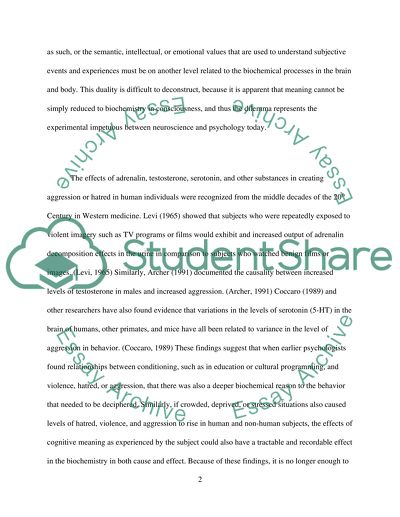Cite this document
(“Love and Hate and Where Will We Find Personality Research Paper”, n.d.)
Retrieved from https://studentshare.org/psychology/1436937-love-and-hate-and-where-will-we-find-personality
Retrieved from https://studentshare.org/psychology/1436937-love-and-hate-and-where-will-we-find-personality
(Love and Hate and Where Will We Find Personality Research Paper)
https://studentshare.org/psychology/1436937-love-and-hate-and-where-will-we-find-personality.
https://studentshare.org/psychology/1436937-love-and-hate-and-where-will-we-find-personality.
“Love and Hate and Where Will We Find Personality Research Paper”, n.d. https://studentshare.org/psychology/1436937-love-and-hate-and-where-will-we-find-personality.


